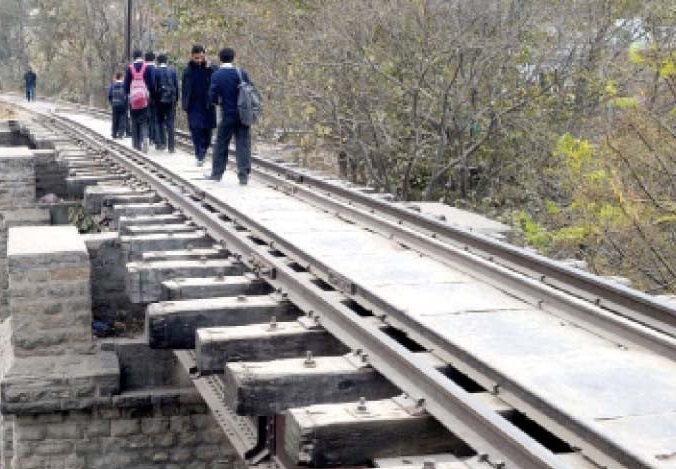Uzbekistan submitted to Pakistan a feasibility study for a Trans-Afghanistan railway project at the meeting of the Tripartite Working Group in Islamabad.
According to the study, the 783-kilometer rail line from Mazar-e-Sharif to Toukham will cost $8 billion.
80 tunnels with a length of 148 km were to be built on the tracks.
According to reports, the tunnel route will cost $4 million per kilometer. The report said the route from Mazar-e-Sharif to Tokam was entirely electric.
The proposed project aims to link Pakistan with the Central Asian republics.
The Ministry of Railways said the Trans-Afghan Railway project will not only facilitate regional and bilateral trade between the participating countries, but also provide better people-to-people connections in the region.
Three countries – Uzbekistan, Pakistan and Afghanistan – have signed a strategic road map for the construction of a new 573 km trans-Afghan railway that will link Central Asia with the ports of the Arabian Sea.
It will stretch from Mazar-e-Sharif in Afghanistan via Kabul to Peshawar and will connect with the existing Termez, Uzbekistan-Mazar-e-Sharif cross-border route, opening in 2012. It will provide a route. direct iron between Pakistan and Pakistan Tashkent, the capital of Uzbekistan.
The route will support passenger and freight services, and is expected to improve the region’s economy and connectivity, especially for Afghanistan and Uzbekistan.
According to the Railway Strategy of the Central Asia Regional Economic Cooperation (CAREC), some 25,000 km of major railway corridors within and outside the region connect countries within the region.
However, the existing rail network does not necessarily fit the changing business models it serves. The growing import and export activities with China and Europe are not currently of interest. The rail lines have the potential to transform the region from landlocked to landlocked and better connected to its rapidly growing neighbors.
The strategy report goes on to say that CAREC countries face various challenges in modernizing and improving their transport networks and enhancing their integration.
Various economic growth, changing trade patterns and regional developments in transport structure have changed the demand for rail freight transport, she added
In the current challenging global economic environment, CAREC countries need to further strengthen regional integration and cooperation efforts.
The report says investment in rail cars and locomotives and the implementation of related soft trade improvement measures will be key factors in attracting rail to shippers and carriers. The strategy was endorsed at his CAREC ministerial meeting in Islamabad in 2016. (With donations from the authorities)
